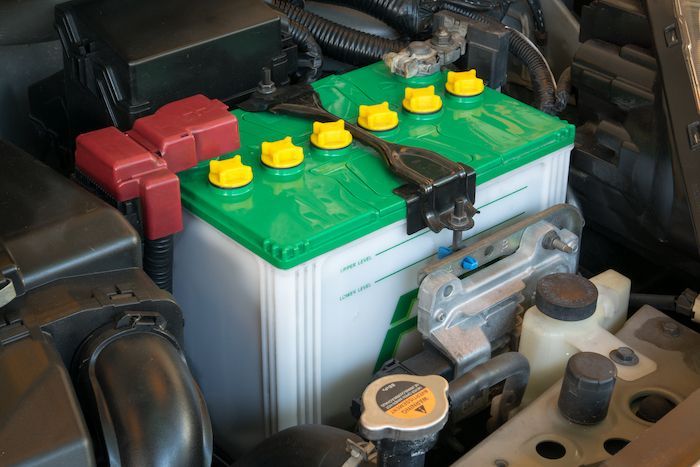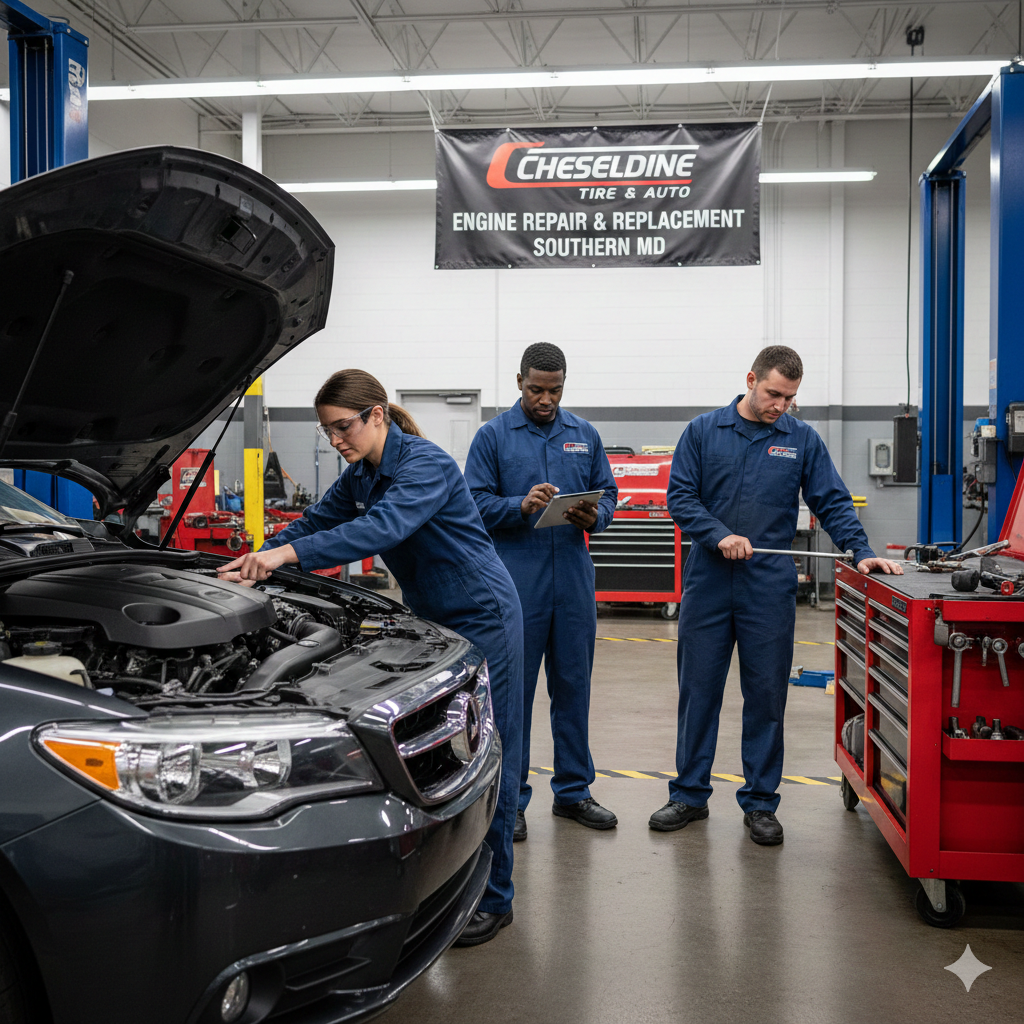How to check your battery
How to Check Your Car Battery: A Comprehensive Guide

Your car's battery is a vital component that powers the electrical systems and ensures your vehicle starts reliably. Regularly checking your car battery's health is essential to avoid unexpected breakdowns and ensure optimal performance.
In this article, the auto repair professionals at Cheseldine Auto will provide you with a comprehensive guide on how to check your car battery, covering various methods and techniques.
- Using a Voltmeter:
- A voltmeter is a simple and effective tool for checking your car battery's voltage.
- Start by turning off your car's engine and all electrical accessories.
- Connect the positive (red) voltmeter lead to the positive terminal of the battery and the negative (black) lead to the negative terminal.
- Read the voltage displayed on the voltmeter. A fully charged battery should read around 12.6 volts or higher.
- If the voltage is significantly lower, it may indicate a weak or discharged battery that needs recharging or replacement.
2. Conducting a Load Test:
- A load test helps determine the battery's ability to hold a charge under a heavy load.
- Start by turning off the engine and all electrical accessories.
- Connect a load tester to the battery following the manufacturer's instructions.
- Apply the load for around 15 seconds and observe the voltage reading.
- If the voltage drops significantly below the recommended range, it indicates a weak or failing battery that requires replacement.
3. Checking for Corrosion:
- Corrosion on the battery terminals can hinder proper electrical connections.
- Inspect the battery terminals for any signs of corrosion, such as white or greenish deposits.
- If corrosion is present, clean the terminals using a mixture of baking soda and water or a commercial battery terminal cleaner.
- Use a wire brush or a battery terminal cleaner tool to remove the corrosion gently.
- After cleaning, apply a thin layer of petroleum jelly or dielectric grease to the terminals to prevent future corrosion.
4. Seeking Professional Assistance:
- If you're unsure about checking your car battery or suspect a more significant issue, it's best to consult a professional mechanic.
- Many auto parts stores offer free battery testing services using specialized equipment.
- A professional technician can provide a comprehensive analysis of your battery's health and recommend appropriate actions.
Regularly checking your car battery's health is crucial for maintaining reliable performance and avoiding unexpected breakdowns. By following the methods outlined in this guide, such as using a voltmeter, conducting a load test, and checking for corrosion, you can assess the condition of your car battery and take necessary steps to ensure its longevity. Remember, if you're uncertain or suspect a problem, it's always best to seek professional assistance to accurately diagnose and address any battery-related issues.










